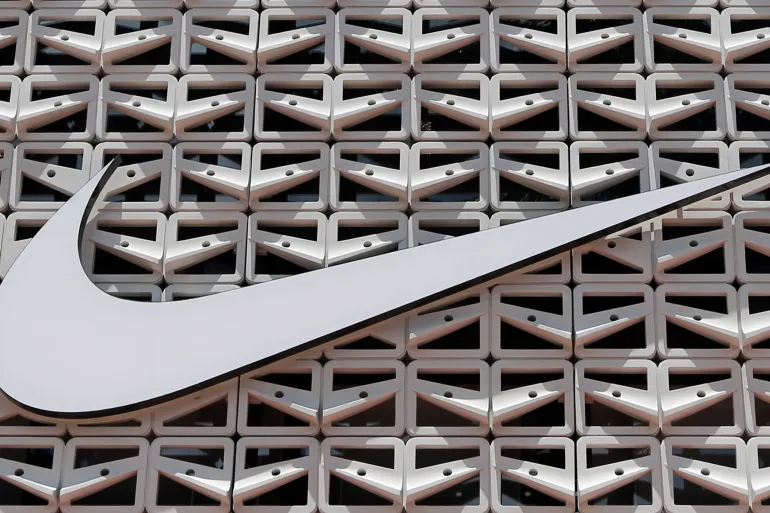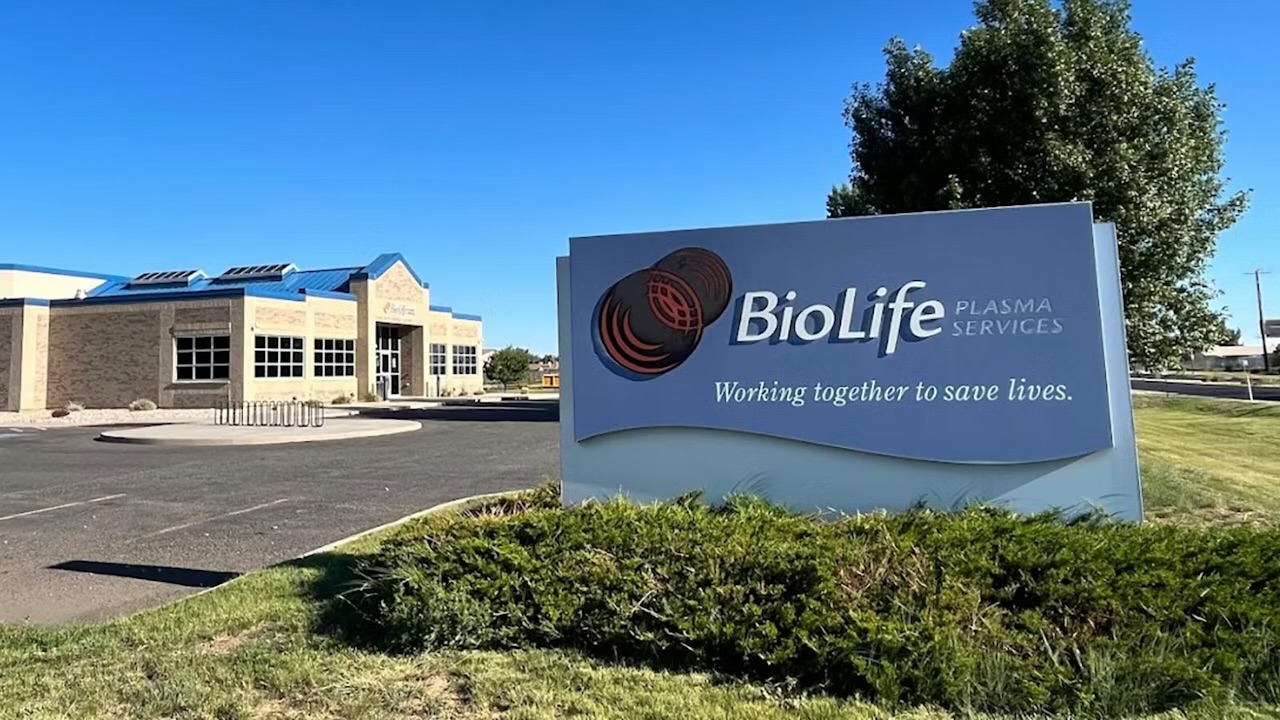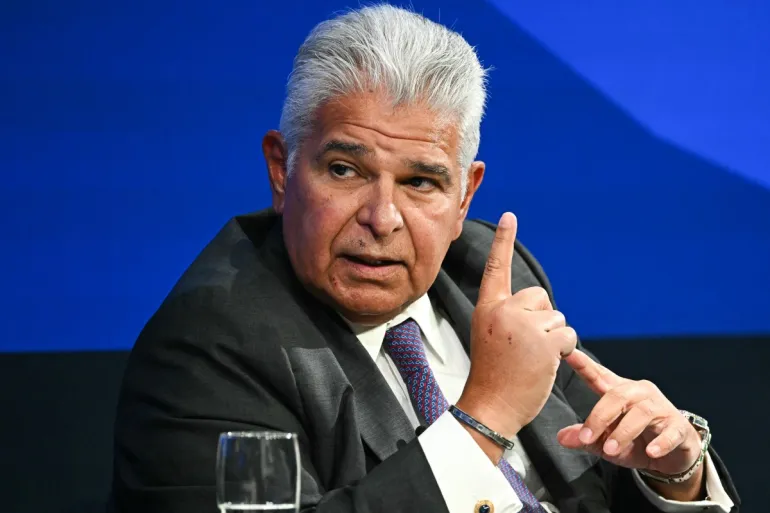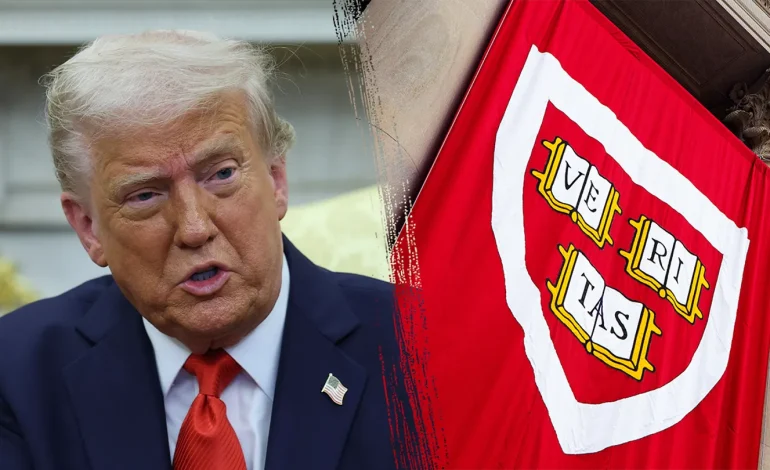Harvard University has long been seen as a symbol of institutional resistance to the policies of President Donald Trump.
But recent revelations suggest that behind closed doors, the prestigious university attempted to find common ground with the Trump administration, even as it now sues the federal government over what it calls an unconstitutional effort to control its academic direction.
According to a report by The New York Times, key members of Harvard’s leadership and some of its most influential donors had explored ways to cooperate with Trump officials before the university publicly rejected federal demands related to antisemitism on campus and diversity policies. These efforts reportedly included attempts to arrange meetings with White House officials—even with Trump himself.
This behind-the-scenes outreach came to light just days after Harvard filed a lawsuit accusing the Trump administration of trying to assert “unprecedented and improper control” over the university through the suspension of over $2.2 billion in federal research funding. The administration claims the move is a response to what it sees as Harvard’s inadequate response to antisemitic incidents on campus. Critics of the administration’s actions argue it constitutes a violation of Harvard’s First Amendment rights.
While Harvard’s legal team has painted the university as a staunch defender of academic freedom and independence, The Times reported that university president Alan M. Garber and senior Harvard Corporation members were actively seeking compromises with the White House in the weeks leading up to the lawsuit. Pressure from major donors—including billionaire hedge fund managers John Paulson and William Ackman—appeared to be a driving force in these discussions.
Some donors expressed dissatisfaction with the university’s perceived slow response to campus protests and broader cultural shifts. Others, such as Len Blavatnik, a top Trump donor, even suspended their contributions in protest before reportedly resuming them.
Even as Garber issued a public statement rejecting Trump’s demands, The Times noted that he privately acknowledged some of the administration’s concerns as “reasonable” in conversations with donors.
Harvard’s legal action comes after the Trump administration began withholding federal funds not just from Harvard, but from most Ivy League schools, citing ongoing investigations into campus climate and political bias. Only the University of Pennsylvania and Dartmouth College have so far been spared.
The funding freeze has already had tangible effects. At the Harvard School of Public Health, which receives nearly half its funding from federal sources, layoffs have begun, PhD admissions have been cut, and building leases canceled.
Renowned Harvard researcher Dr. David Walt warned that the halt in funding could delay life-saving research on diseases like ALS, cancer, and Alzheimer’s.
“Cancellation of funding to researchers across the US will delay medical progress and threaten public health,” Walt told CNN.
Harvard argues in court filings that the Trump administration’s actions are not only politically motivated but also unconstitutional. It claims that freezing research grants and threatening the school’s tax-exempt status constitutes retaliation for not complying with political demands.
The administration, meanwhile, says its actions are meant to protect civil rights and ensure that university environments are inclusive and safe for all students, particularly Jewish students in light of recent campus protests.
Secretary of Education Linda McMahon stated:
“This is about ensuring all students can come to campus and feel safe.”
The Secretary emphasized that the goal is not to restrict speech but to address serious civil rights concerns.
Legal experts believe the case could stretch on for years, potentially impacting academic institutions nationwide.
“Harvard is saying, essentially, that the government can’t use funding as a stick to enforce ideological conformity,” said CNN legal analyst Jennifer Rodgers. “That’s going to be a major First Amendment fight.”
Beyond Harvard, the case could reshape the relationship between research universities and the federal government. The university’s lawsuit argues that the funding freeze has no direct connection to concerns over antisemitism, calling it a political move that endangers both academic independence and public welfare.
Harvard’s website now prominently features examples of federally supported research that it claims is at risk—from robotic rehabilitation tools to disease prevention initiatives. The university warns that further funding cuts could have “negative ripple effects for decades.”
Dr. Walt cautioned that continued tension with Washington may eventually drive innovation abroad.
“In the end, we will be buying Chinese and European diagnostic tests and drugs,” he said, “because the innovation will not be here in the US”










The latest news in your social feeds
Subscribe to our social media platforms to stay tuned